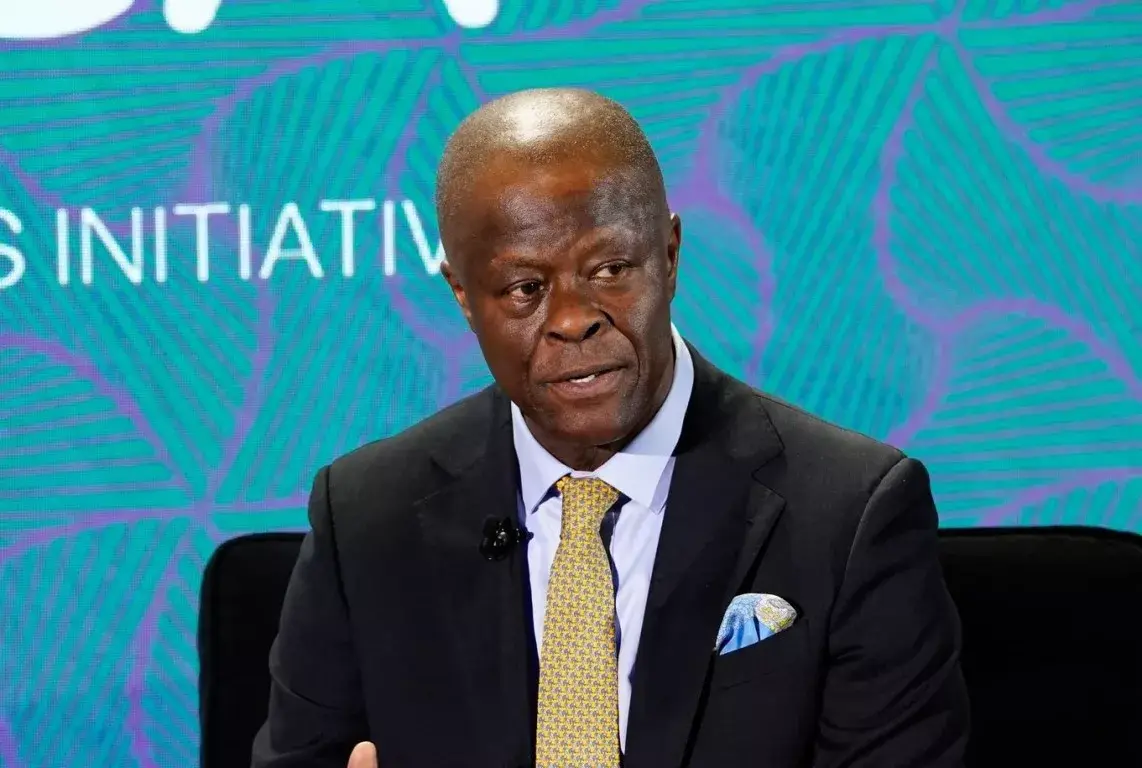
The Federal Government has indicated plans to phase out the controversial practice of running multiple Appropriation Acts simultaneously, a move aimed at restoring fiscal order and transparency.
Minister of Finance and Coordinating Minister of the Economy, Wale Edun, announced at the Nigerian Economic Summit 2025 in Abuja that there will be no more budget extensions into subsequent years, a practice that has attracted significant public debate and confusion.
“No more extensions of Budget into the next year which has created so much confusion in the system. We have talked to NASS and we have agreed to restore normalcy in that space,” Edun said.
Currently, Nigeria operates under about three concurrent Appropriation Acts, which the Budget Office Director-General, Tanimu Yakubu, described as a “transitional budget system” and an “institutional flexibility” to complete ongoing capital projects.
Greater Transparency and Improved Fiscal Management
Edun also revealed strides in enhancing transparency of the Federation Account, noting that it took until August 2025 for the Federal Government to gain full visibility of its accounts with the Central Bank of Nigeria (CBN).
“We are determined to bring all Federal Government funds into visibility. There is a lot of FG’s money lying outside of CBN,” he added.
To strengthen accountability, the government has implemented a federal billing system that tracks exact payments for goods and services.
Regarding federal borrowing, Edun said the government would shift focus away from Eurobonds toward more sustainable instruments such as Sukuk, Green Bonds, and Diaspora Bonds to fund development.
The Minister also credited fiscal authorities for the ongoing battle against inflation, with reforms like exchange rate unification and fuel subsidy removal unlocking about 5% of GDP for distribution to the three tiers of government.
As a result, allocations to states have surged by approximately 111%, leaving states “awash with cash,” according to Edun.



